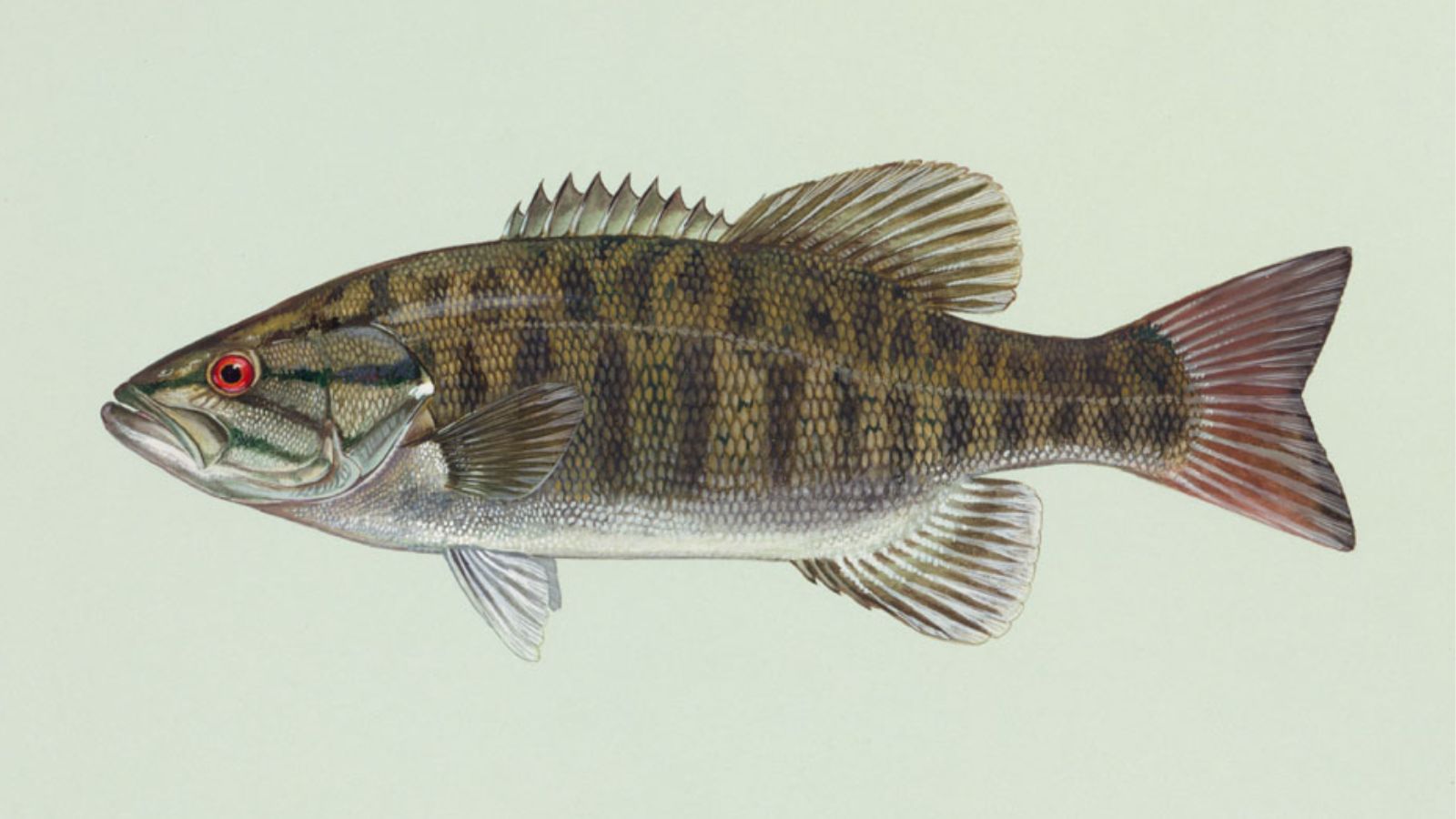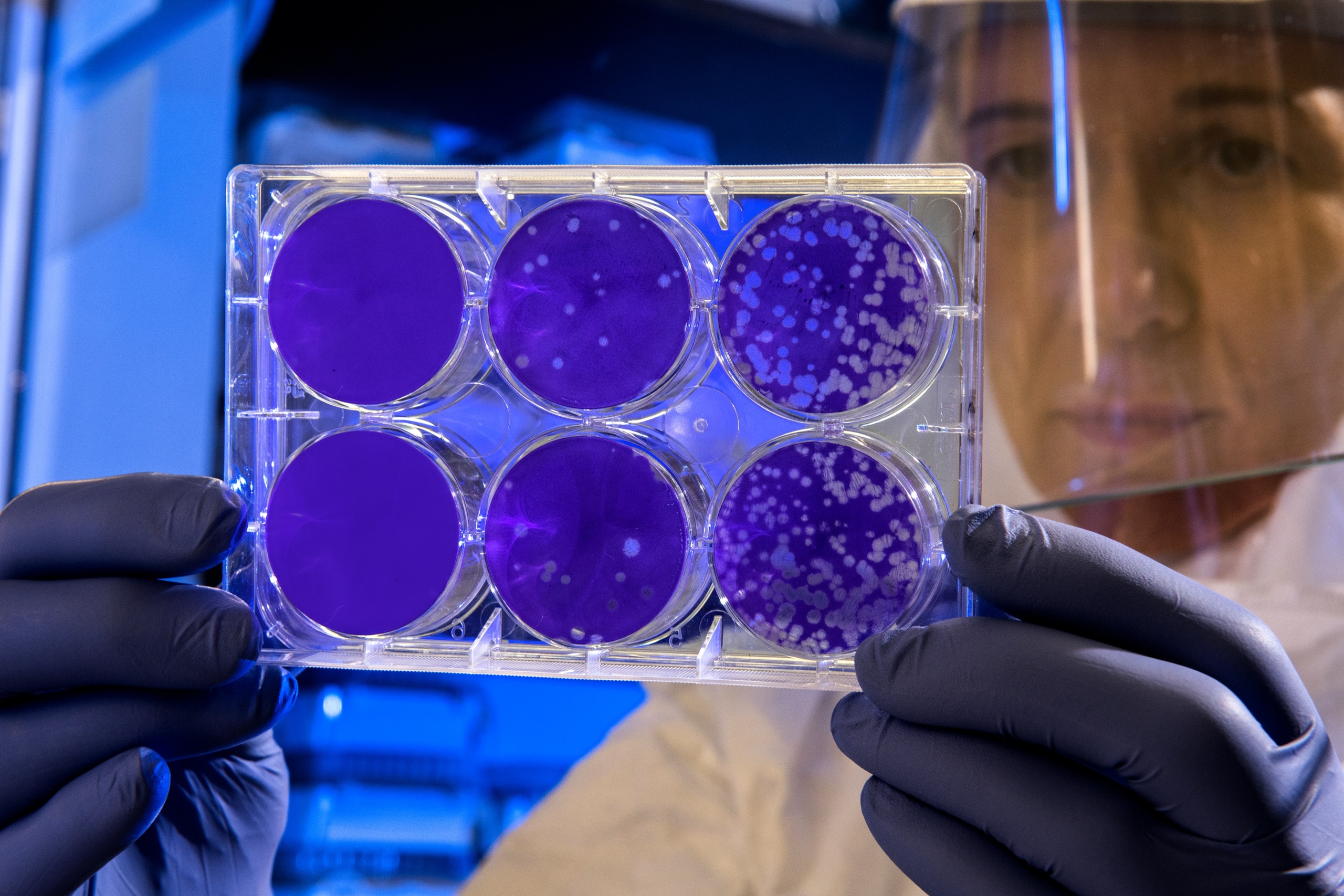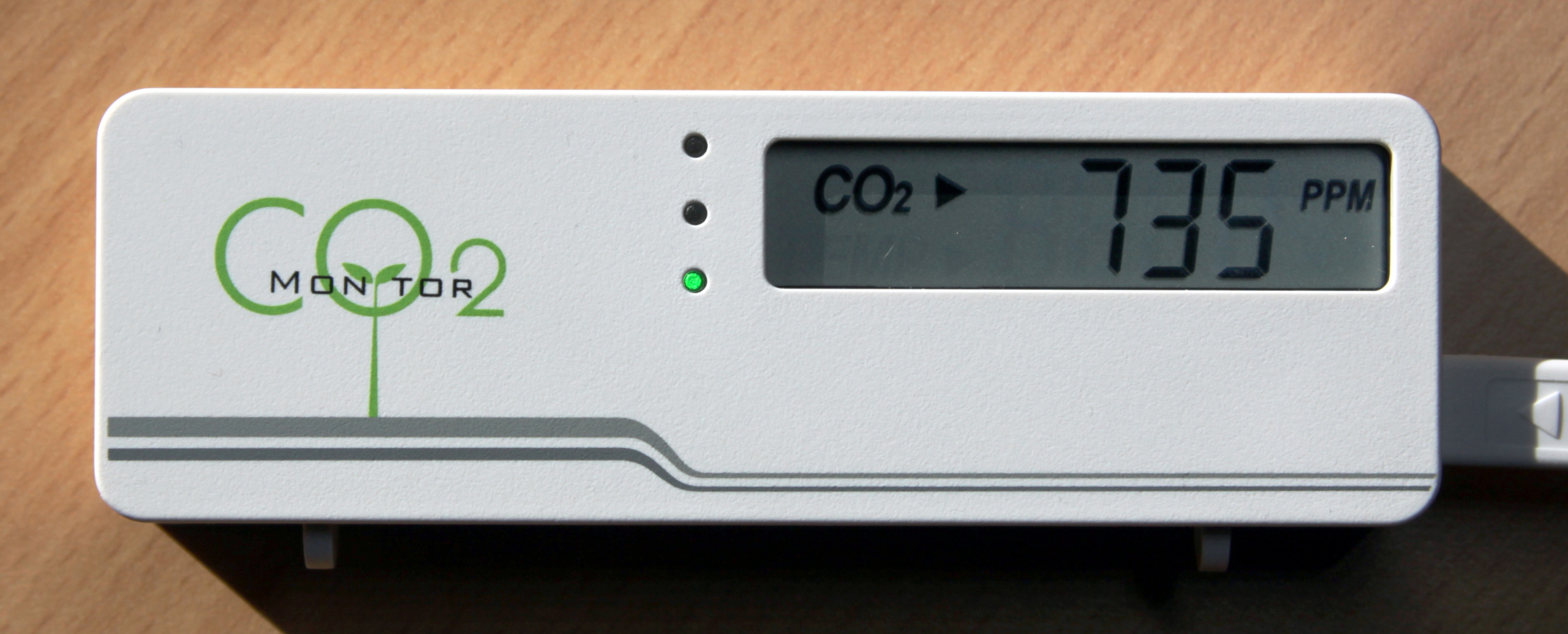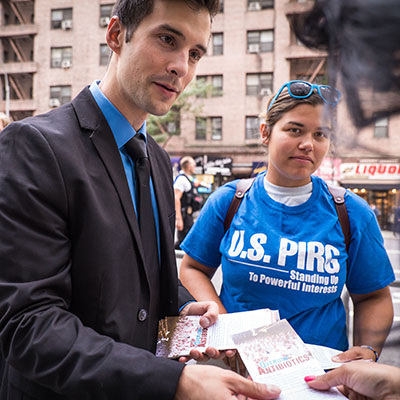
Maryland Youth and Community taking on Big Tobacco
One of our priority issues for the 2021 legislative session of the Maryland General Assembly is protecting kids from tobacco addiction.

One of our priority issues for the 2021 legislative session of the Maryland General Assembly is protecting kids from tobacco addiction. We joined the call to the legislature to overturn Gov. Hogan’s wrongheaded veto of increasing and expanding the tobacco tax and are supporting measures to stop the sale of flavored tobacco products and to ensure local governments can regulate tobacco.
We’re now more than halfway through the legislative session, and nearing the “crossover deadline” when bills need to move through one chamber to have a good shot of becoming law. We are thrilled our state legislators have overturned the tobacco tax veto, and we hope they move soon to pass the other bills.
You can read more about why stopping the sale of flavored tobacco products in so important in our written testimony, and here are a few key points:
The U.S. Surgeon General has declared e-cigarette use, commonly known as vaping, among young people an epidemic due to its popularity and health risks.
- According to the Maryland Department of Health, nearly a quarter of Maryland high school students currently use e-cigarettes—a rate 5 times higher than adults
- A National Institutes of Health study found that 81% of youth who have ever used tobacco started with a flavored product, and most tobacco users start young.
Tobacco companies have a long history of using flavors to make their products more appealing to new users, almost all of whom are kids. They use enticing flavors like gummy bear, cotton candy, mango and “smooth menthol” to hook kids.
These flavors were banned in combustible cigarettes by the FDA in 2009, but no such regulation exists for e-cigarettes, and menthol cigarettes were exempt, along with some flavored cigars and smokeless tobacco products.
Now, about 50 percent of youth who smoke cigarettes start with and then use menthol cigarettes. And according to the Centers for Disease Control and Prevention, the surge in e-cigarette use has erased the decline in any tobacco product use among youth that occurred in previous years.
While Big Tobacco has the most to gain from flavored tobacco products, there is also pushback from adults who credit flavored vape products as critical to their ability to quit smoking. But e-cigarettes are not an approved cessation device, and no e-cigarette company has received FDA authorization to market their e-cigarette products as a safe and effective way to quit smoking. If they were to seek and get approval they could sell these products in the same way companies sell other nicotine based “cessation devices.” Until then, the unproven benefit to the smokers who claim to be using flavored e-cigarettes as a way to quit smoking combustible cigarettes simply doesn’t outweigh the public health risk these products pose to young people in Maryland.
An entire generation is at risk of nicotine addiction, and millions of kids are already hooked on nicotine with serious implications for their health and future. Last week we hosted a Youth Lobby Day so key legislative leaders could hear from young people in their communities. Young people from Baltimore, Montgomery County, Prince George’s County, and St. Mary’s County came together to raise the alarm.
Tobacco use is the No. 1 preventable cause of death for Black Americans, a fact which has been exacerbated by the continued sale of menthol cigarettes. As Del. Darryl Barnes explains for the Washington post, since the 1950s, Big Tobacco has marketed menthol-flavored products to the Black community, and now about 90 percent of adult Black smokers use menthol cigarettes, a rate more than double that of White smokers.
We’re thrilled by the robust and diverse coalition of individuals and groups who have backed this bill with public health groups, civil rights groups, faith leaders, parent groups, and educators joining the call. The idea has the backing of some incredible state leaders including sponsors Sen. Mary Washington and Del. Jazz Lewis, Legislative Black Caucus Chair Del. Darryl Barnes, Comptroller Peter Franchot, Attorney General Brian Frosh, the President of the Maryland Public Health Association, Rev. Alvin Hathaway of Baltimore’s Union Baptist, local health departments and executives, and former U.S. Secretary of Education John King.
Now’s our chance to protect a generation of kids from a potentially life-long struggle with tobacco addiction.
Topics
Authors
Emily Scarr
State Director, Maryland PIRG; Director, Stop Toxic PFAS Campaign, PIRG
Emily directs strategy, organizational development, research, communications and legislative advocacy for Maryland PIRG. Emily has helped win small donor public financing in Baltimore City, Baltimore County, Howard County, Montgomery County, and Prince George's County. She has played a key role in establishing new state laws to to protect public health by restricting the use of antibiotics on Maryland farms, require testing for lead in school drinking water and restrict the use of toxic flame retardant and PFAS chemicals. Emily also serves on the Executive Committees of the Maryland Fair Elections Coalition and the Maryland Campaign to Keep Antibiotics Working. Emily lives in Baltimore City with her husband, kids, and dog.
Matt Wellington
Former Director, Public Health Campaigns, PIRG
Find Out More

Protecting Maryland Water from PFAS Pollution

Trouble in the water? MD issues new fish consumption advisories for PFAS

Develop Antibiotics We Need

